MIT HASTS program celebrates 25 years
Alumni return to campus to present their work at anniversary symposium
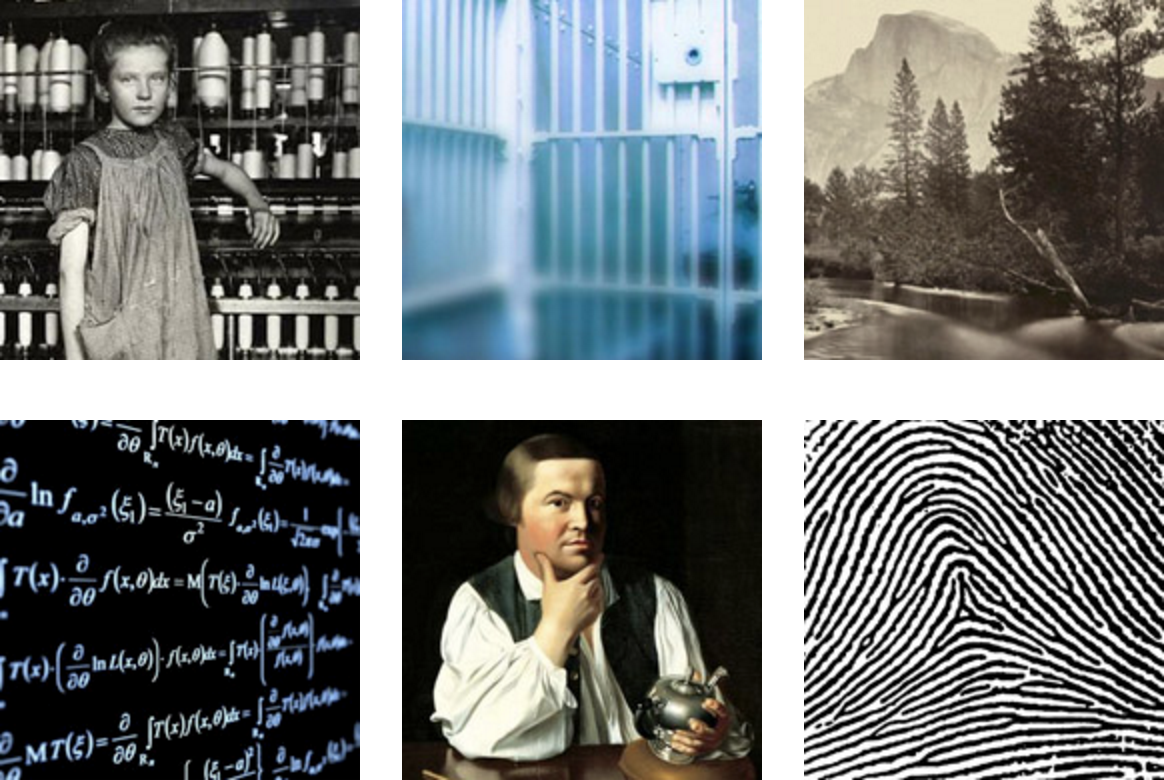
"Our mission in SHASS is to empower our students
with the perspectives and skills needed to think deeply
and to provide real leadership in their fields. The impressive
work displayed by our HASTS alumni is a surpassing
example of how well that goal is being achieved.”
Celebrating an unparalleled program
THE MIT DOCTORAL PROGRAM in History / Anthropology /Science, Technology & Society (HASTS) hosted a symposium to celebrate the program’s 25th anniversary on November 9, 2013. Deborah K. Fitzgerald, Kenan Sahin Dean of the School of Humanities, Arts, and Social Sciences, who also holds the title of longest-serving Director of Graduate Studies of the HASTS program, gave an opening talk.
Remarking on the event Fitzgerald said, “The anniversary symposium was a wonderful occasion to come together to celebrate the significance of this unparalleled program. Our mission in SHASS is to empower our students with the perspectives and skills needed to serve the nation and the world with distinction. The impressive work displayed by our HASTS alumni is a surpassing example of how well that goal is being achieved.”
Featuring alumni research
The event featured 15 HASTS alumni, who made presentations on their current research in four categories: the Environment; Health & Biology; Technology; and Infrastructure & Communications. A précis of each presentation is given below; more information is available on the HASTS Liveblogs.
Take a look at the range of great ideas in this HASTS Alumni Gallery.
Environment Panel
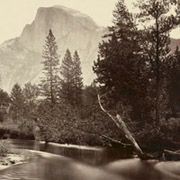 |
Etienne Benson ‘08A History of “The Environment” Since the 1960s, “the environment” (understood as the array of physical and biological factors that affect human wellbeing) has become an indispensable political concept. Benson discussed the history of this concept and its hidden assumptions, and asserted that the implications deserve closer scrutiny than it has to date received. |
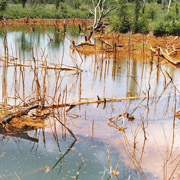 |
Meg Hiesinger '07Taking My Degree Outdoors: How HASTS is influencing hands-on sustainability in Southern California Hiesinger’s presentation described her work designing innovative curriculum and programming as the head of Education Programs at The Ecology Center, a non-profit that teaches hands-on eco-skills and sustainability in southern California. She discussed both how her work draws on her HASTS degree – in theory and methodology; how we can live in ecosystems that are not healthy; and how we help heal such places. |
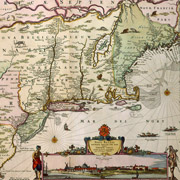 |
Anya Zilberstein ’08A Temperate Empire: Making Climate Change in Early America Zilberstein discussed the rhetorical, ideological, and material dimensions of early modern discussions about the relationship between climate and empire in the New World. She suggested that colonial settlers did not simply discover America’s climates — they tried and largely failed to remake regional climates according to their ideals. |
More information at the Environmental Panel Liveblog
Health and Biology Panel
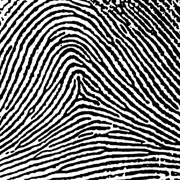 |
Jennifer Mnookin ’99Knowledge, Culture and Forensic Science: What Fingerprint Experts and Their Critics Know Mnookin examined the divergences between what practitioners of latent fingerprint identification believe they know, and what academic critics of the field think is known. The two groups fundamentally disagree about the appropriate role of experience and tacit learning, versus the role of data and formal study for generating valid knowledge. They disagree about whether quantification and formalized standards are required for something to count as a “scientific method,” as well as what counts as legitimate expertise within this domain. In addition to mapping these perspectives, Mnookin also explored some of the mechanisms that can help build bridges across these communities, including the valuable role that fingerprint scandals have played in re-orienting rhetoric; the emergence of “hybrid” individuals with knowledge-credentials that have status in both communities; and the creation of spaces for face-to-face engagement outside of the adversarial system. |
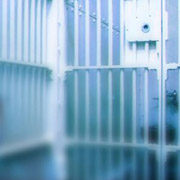 |
Anne Pollock '07Health Disparities and American Citizenship Claims Pollock asserted that the United States is a society that is saturated with pharmaceuticals, yet there are real barriers to access, particularly with regard to race, which have implications for citizenship. This theme has informed her work since the start of her graduate program, in the fall of 2001. At that time (in the wake of the anthrax attacks), many members of the American public acquired Cipro that they did not need, while two postal workers died for lack of access. In her latest work on the Scott Sisters case, in which sisters serving double life sentences in Mississippi had their sentences suspended on the condition that one donate a kidney to the other, Pollock is exploring how mass incarceration shapes access to medicine and lack thereof, and with it, access to Americanness. |
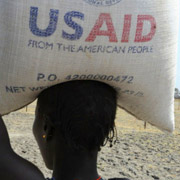 |
Jenny Smith ’06From Soup Nuts to Curry-Flavored SPAM, a History of the Science and Politics Behind American Food Aid Smith’s presentation focused on her new research project on food and international development. Though many people have written about food, development, and American assistance in the developing world, she argued there are gaps in such investigations. For example, few scholars have examined the history of emergency feeding. This history is in part an American one, but Smith attempted to frame the story internationally. |
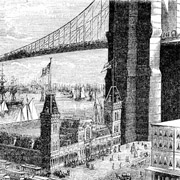 |
Jessica Wang ’95The Telling Case: Rabies Narratives, Autopsy, and Medical Community in Nineteenth-Century New York City Wang’s primary research focuses on the social history of rabies in 19th and 20th century New York, specifically the social history of medicine; disease and public health; animals studies; human-animal interaction; and the complications caused by humans and animals living in the same public and urban spaces. |
More information at the Health and Biology Liveblog
Technology Panel
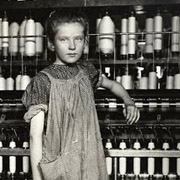 |
Lindy Biggs ’87The Changing Meaning of Work in England’s Early Industrial Period Biggs presented a chapter of a new book that examines how 18th century British society adapted to radical technologies specifically with respect to child labor. Her research is based on questions that people don’t typically ask of the industrial period: What did “the industrial” mean in the 18th century? What did people say about it? How did they deal with dramatic change? |
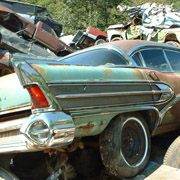 |
David Luckso ’05Automotive Salvage in the 20th Century Although the word “junkyard” is laden with so much baggage that the members of the salvage industry reject its use, junkyards play important roles in our lives. Luscko explained that even though as a society we may not like their appearance and their effects on property values or the environment, they are a necessity. He also contended that we can understand the junkyard as a symbol of 20th century life. |
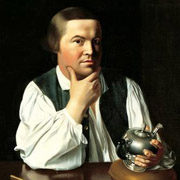 |
Robert Martello ’01Paul Revere and Ben Franklin: Martello's talk introduced some of the pedagogical and historical research he has pursued since graduating from MIT in 2001. For the past decade, he has studied and implemented interdisciplinary teaching initiatives at Olin College, specifically the integration of history of technology with technical coursework in a project-based environment. His historical research consists of a completed study of Paul Revere and a recently initiated study of Benjamin Franklin: two revolutionary-era patriots whose technical aptitude, artisan training, and entrepreneurial innovations helped to move America from a craft-centered paradigm towards a proto-industrial era. |
 |
Bill Turkel ‘04The Hands-On Imperative Turkel discussed his recent monograph Spark from the Deep (JHU Press 2013), which relates the origin and development of electrical and electronic technologies to humankind's longstanding experience with strongly electric catfish, rays, and eels. He also described new research projects on the history self-replicating machines and analog electronic computation. |
More information at the Technology Liveblog
Infrastructure and Communications Panel
 |
Slava Gerovitch ’99Writing Across the Lines: A Parallel Social Infrastructure in Soviet Mathematics in the 1970s Gerovitch argued that mathematics in the second half of the 20th century became an intensely social activity. It was done in groups, through collaborations, and at conferences, making success in the field “dependent upon social skills.” During his presentation, Gerovitch discussed political restrictions placed on the Soviet mathematics community, which limited vital exchange of ideas. He argued that these restrictions were overcome with a set of informal practices, which constituted what he called a “parallel social infrastructure” of Soviet mathematics. |
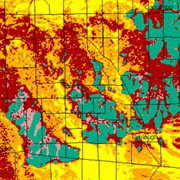 |
Shane Hamilton ’05Navigating the Spatial Turn Hamilton spoke about digital mapping techniques for exploring history in three realms: his scholarly research into industrial agriculture, undergraduate teaching, and in a public history project called "History on the Move." |
 |
Wade Roush '94History, Journalism, and the Technology of Storytelling In his presentation, Roush traced his route from MIT to his current role at Xconomy, and talked about the tension between the deep analysis in which historians usually engage and the faster pace demanded of journalists, and how this tension has affected his work. He provided examples of technology stories he’s written that have a historical tinge to them, and reflected on his interest and training. |
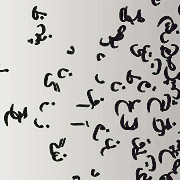 |
Livia Wick ’06The Arabic Language, Pedagogy, and the Concept of Crisis Wick discussed her project about teaching and learning the Arabic language. Through an ethnographic study of Arabic language teacher training situated in Beirut, Lebanon, as well as teaching of middle school Arabic, this research focuses on forms of knowledge, modes of learning and the efficacy and organization of teacher training and teaching curricula under the Lebanese modern system of education. Arabic language teaching occupies a unique place in educational contexts as their explicit and sometimes implicit duties include not only teaching language but transferring heritage to the next generation. |
More at the Communication + Infrastructure Liveblog
Story prepared by MIT SHASS Communications
Editorial and Design Director: Emily Hiestand